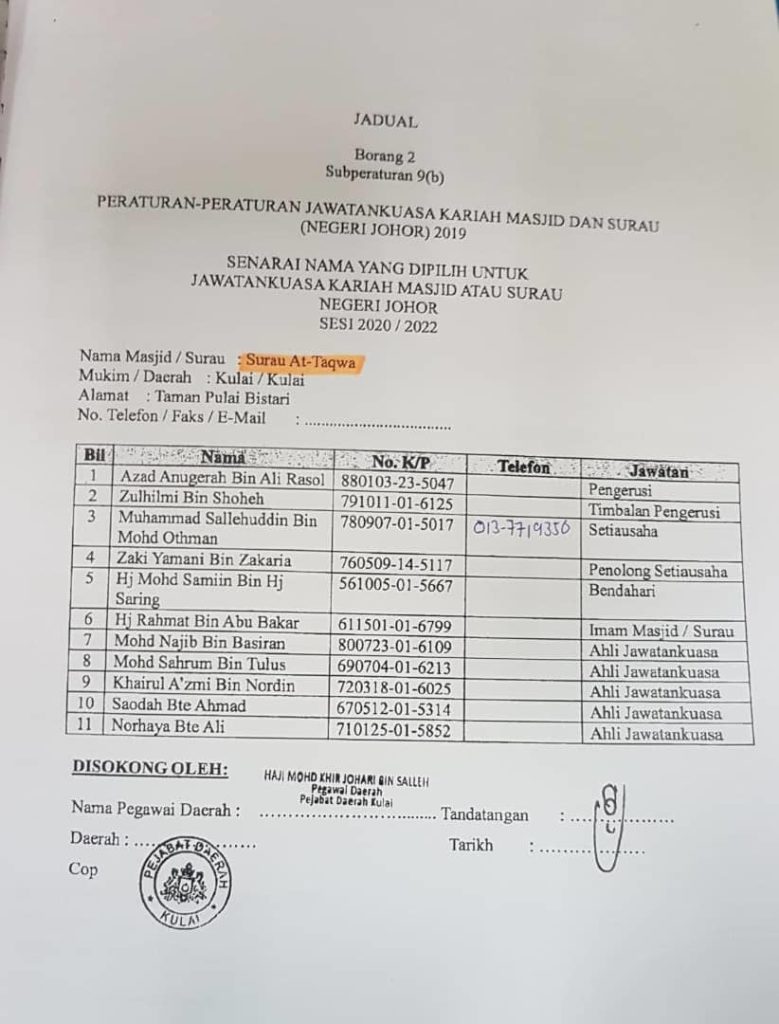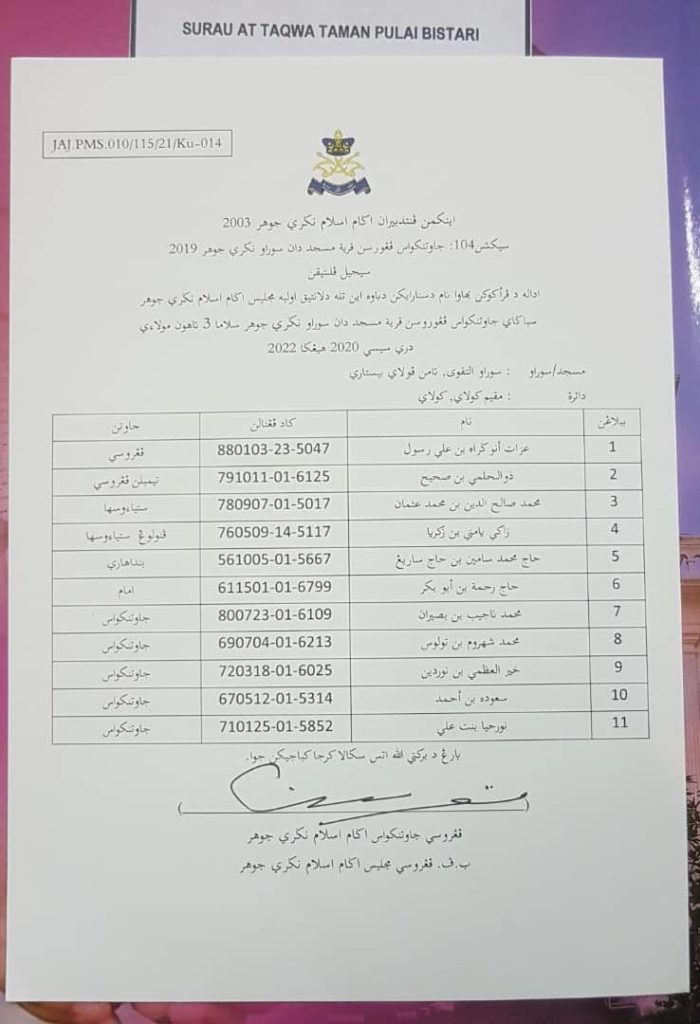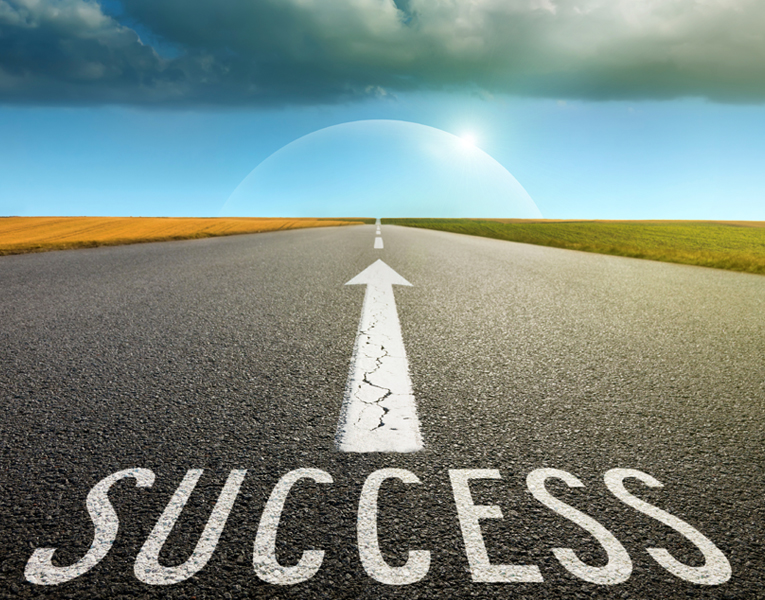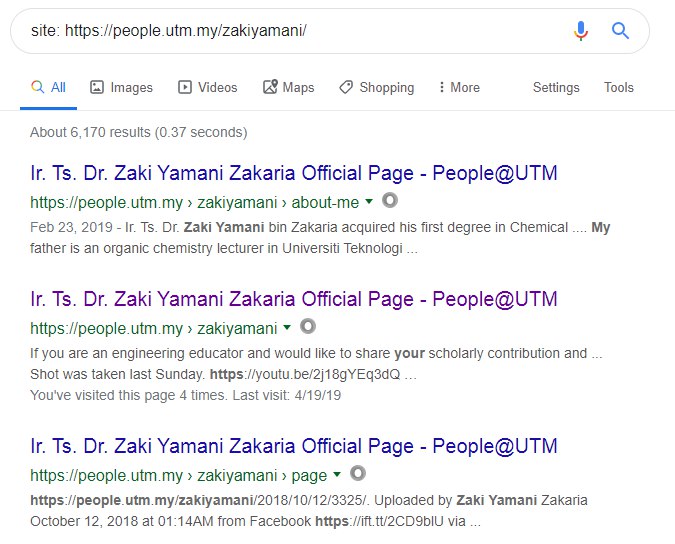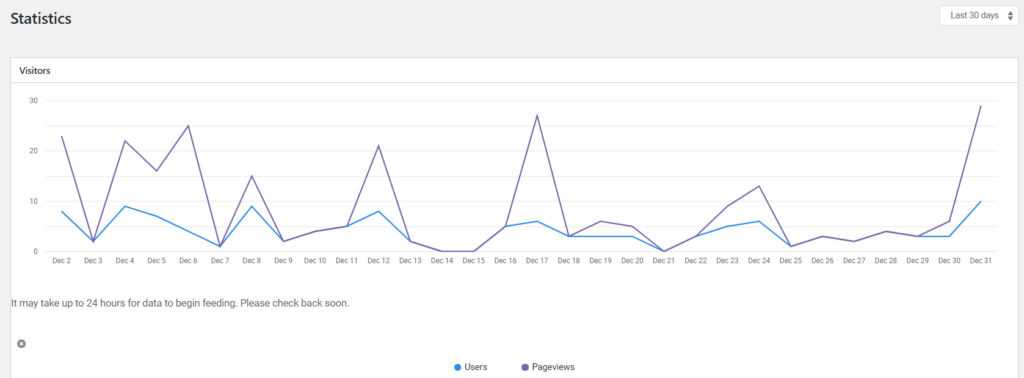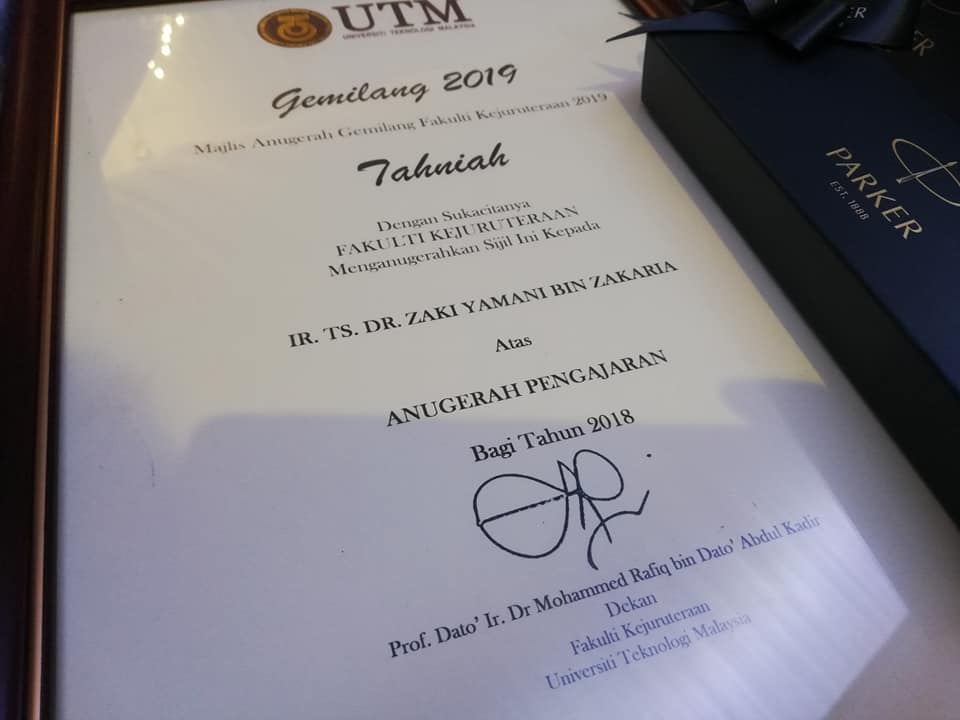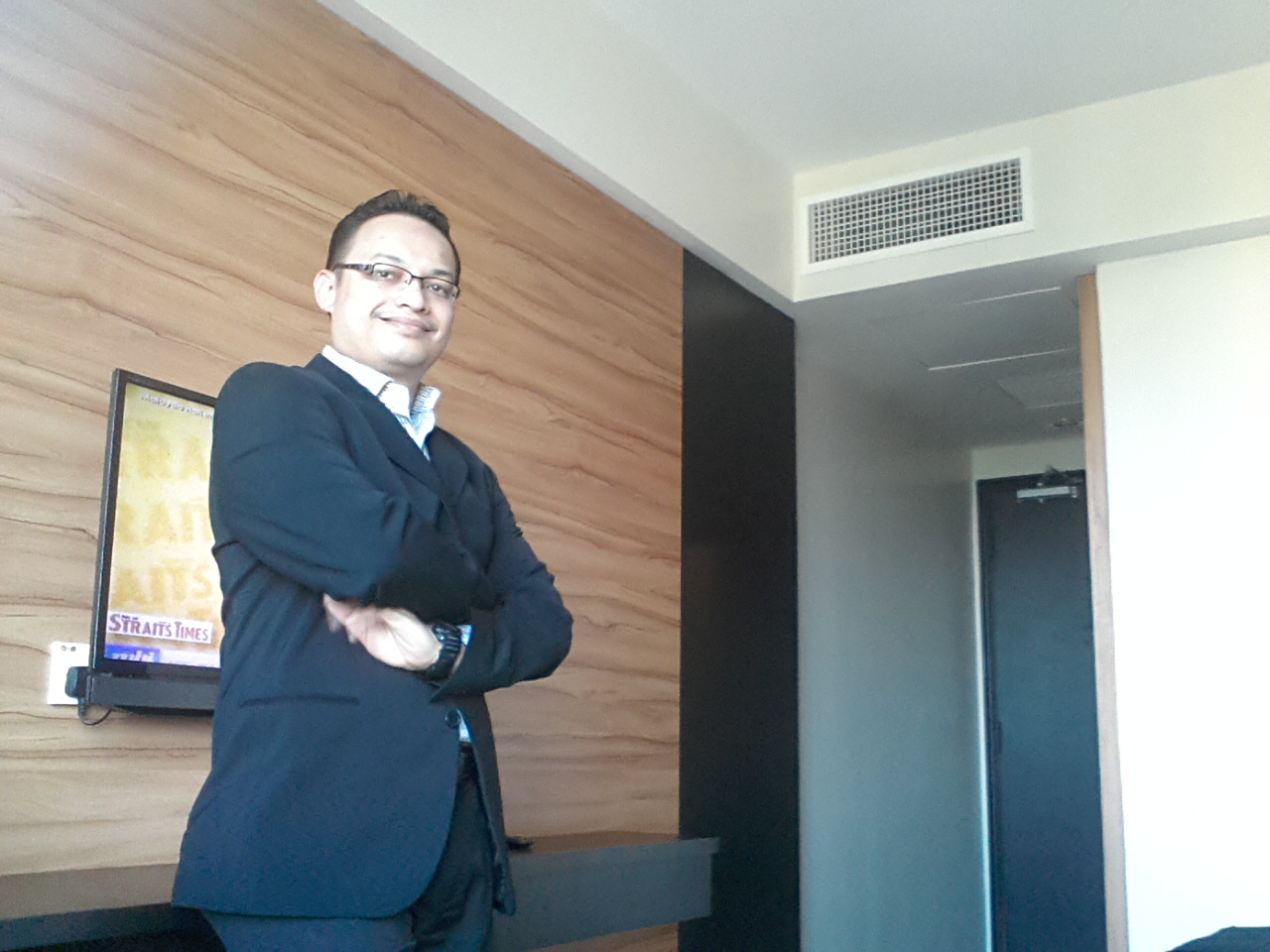Surat perlantikan Jawatankuasa Surau dan Masjid telah dikeluarkan oleh Jawatan Kuasa Agama Islam Negeri Johor, Majlis Agama Islam Johor pada hari ini. Untuk penggal ini saya telah diamanahkan untuk menjadi Penolong Setiausaha. Pada penggal lepas saya telah diamanahkan untuk menjadi Ketua Jawatankuasa Program Surau Al-Taqwa. Semoga saya dan rakan AJK lain dapat menajalankan amanah ini sebaik-baiknya. Amin. InsyaAllah
Brief CNY Get Away at Melaka
Last Friday, me and my family had a brief get away to Melaka. It was a very interesting, amazing, cool, nice, pleasant short trip. Melaka really has plenty of attractive spots as well as numerous quality / viral eating place. For detail of our trip, check out the link below:
https://malaysiaseantero.com/short-melaka-cny-family-get-away/
Give Up these 13 Things If You Want To Be Successful
Sometimes, to become successful and get closer to the person we can become, we don’t need to add more things — we need to give up on some of them.
There are certain things that are universal, which will make you successful if you give up on them, even though each one of us could have a different definition of success.
You can give up on some of them today, while it might take a bit longer to give up on others.
This is a very great article, continue reading by clicking the link below:
https://medium.com/@zdravko/13-things-you-need-to-give-up-if-you-want-to-be-successful-44b5b9b06a26
Prioritizing tool you didn’t know you needed
But what if I told you there was a simple way to establish your priorities
in the face of any series of tasks?
Cheers,
Alex Mehr, PhD
My Official Work Blog Stats @ 4 January 2020
Check this out: A Real Conversation About Academic Hours Worked
 In November, celebrated classicist Mary Beard started a Twitter storm when she asked faculty colleagues to share how many hours a week they typically work. Beard helpfully identified her own working hours as somewhere north of 100 each week.
In November, celebrated classicist Mary Beard started a Twitter storm when she asked faculty colleagues to share how many hours a week they typically work. Beard helpfully identified her own working hours as somewhere north of 100 each week.
That figure elicited widespread shock and dismay — and anger, frustration and accusations of ableism in the protection of status for those who are physically capable of shouldering a bruising schedule. Some respondents correlated academics’ tendency to overwork with an abusive employment culture that extracts more labor from ever fewer laborers, enabling the rapid shrinkage of the professoriate.
A surfeit of pride in one’s in-demand status has come to be called a “busy brag.” The busy brag has attracted media attention over the past several years; see, for example, here and here. A recent article in The Atlantic links the busy brag to a reversal of Thorstein Veblen’s theory of labor and status. In his Theory of the Leisure Class (1899), Veblen wrote, “The conspicuous abstention from labor becomes the conventional mark of superior pecuniary achievement.” Not so today. Not so in higher education. Not so more widely.
….
Continue reading this article by clicking here.
My Blog Stat So Far – What A Surprize
Happy New Year 2020
Plastic Wastes from the West is Poisoning Our Neighbour Indonesia!
Indonesia has become a dumping ground for plastic from Australia, Europe and North America. The waste is burned as fuel by local communities, causing respiratory illness and other long-term health problems for people who inhale the polluted smoke. Research shows pollutants have contaminated Indonesia’s food chain. This situation must be stop urgently. As a neighbour to Indonesia, we must be extra alert before our country gets similar punishment. This is because Malaysia is also presently a trash dumping ground from other modern countries.
Continue reading by clicking the link below:
https://www.weforum.org/agenda/2019/12/plastic-waste-indonesia-pollution-health
MAJLIS ANUGERAH GEMILANG FAKULTI KEJURUTERAAN 2019 @ Dewan Kencanapuri, Pulai Spring Resort
Alhamdulillah syukur kepada Allah atas 2 Anugerah Individu yang di peroleh dalam Majlis Anugerah Gemilang Fakulti Kejuruteraan 2019.
Tak sangka mendapat Anugerah Webometrik sebenarnya. Anugerah Pengajaran pula sebenarnya tak pernah terfikir langsung, tapi diberi kepercayaan penuh oleh Puan Direktor, Dr. Hajar Alias dan disokong oleh Chair School of Chemical and Energy Engineering. Turut memberi dorongan serta motivasi untuk Anugerah Pengajaran adalah PM Dr. Mohd Kamaruddin Abdul Hamid dan room-mate PM Dr. Mazura Jusoh. Tak lupa juga mentor pengajaran saya Prof. Dr. Khairiyah Mohd Yusof, yang mana membimbing saya sejak 2008.
Alhamdulillah research group saya iaitu Chemical Reaction Engineering Group (CREG) di bawah pimpinan Prof. Dr. NASA juga telah meraih Research Group Terbaik! Alhamdulillah syukur.
Check out more pictures from my FB post here.
